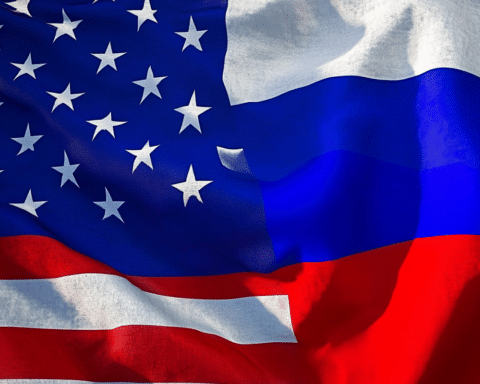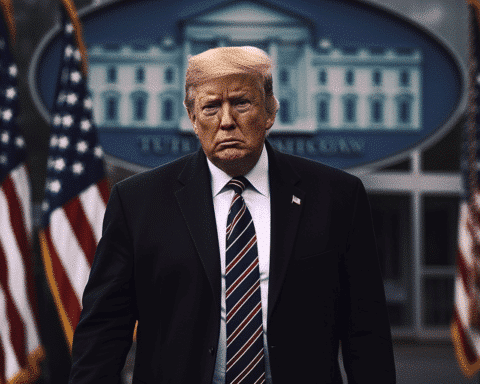As the 2024 presidential election approaches, election officials face many threats, ranging from hostile foreign interventions to the proliferation of conspiracy theories. The landscape of electoral security has evolved significantly since the 2020 election, amplifying concerns about cyberattacks, misinformation, and the safety of election workers. Former President Donald Trump’s claims of a “rigged election” have intensified these challenges, contributing to a climate of distrust and uncertainty.
The persistence of threats from the 2020 election, such as potential cyberattacks targeting voter registration systems and reporting websites, is a significant concern. However, new risks have emerged, including death threats against election workers and breaches of voting equipment, raising serious questions about the safety and integrity of the electoral process. The resulting turmoil has led to significant staff turnover in local election offices, creating a vacuum of institutional knowledge that could impact election preparations.
Foreign interference remains a critical threat, with nations like Russia, China, and Iran seeking to undermine U.S. democracy. Microsoft’s November threat assessment highlighted the likelihood of these countries attempting to interfere in the 2024 election. Michigan Secretary of State Jocelyn Benson emphasized the need for vigilance against well-funded foreign adversaries aiming to influence American voters.
Amidst these challenges, conspiracy theories surrounding voting technology and claims of equipment manipulation continue circulating despite the lack of evidence supporting such allegations. Efforts to strengthen defences around voting machines and tabulators have been underway for years. Still, concerns remain, especially regarding systems connected to the Internet, such as voter registration databases and electronic poll books.
Despite these vulnerabilities, there have been significant improvements in election security since 2016. The replacement of outdated voting machines, the designation of election systems as critical infrastructure, and the establishment of the U.S. Cybersecurity and Infrastructure Security Agency (CISA) have enhanced protections. CISA Director Jen Easterly’s initiatives, including hiring regional election security advisers, represent steps toward more robust defences.
However, staffing challenges persist, with the tumultuous climate since the 2020 election leading to a wave of retirements and resignations among election officials. This has created a “perfect storm” of challenges, as Utah Lt. Gov. Deidre Henderson described. The possibility of insider threats has also necessitated increased security measures around critical election equipment.
The path to the 2024 presidential election is fraught with unprecedented challenges, from foreign interference to internal vulnerabilities and the spectre of misinformation. Election officials are navigating these complex issues with a focus on ensuring the integrity and security of the voting process. The U.S. electoral system’s resilience and adaptability will be tested as they prepare for an election year with no margin for error.




